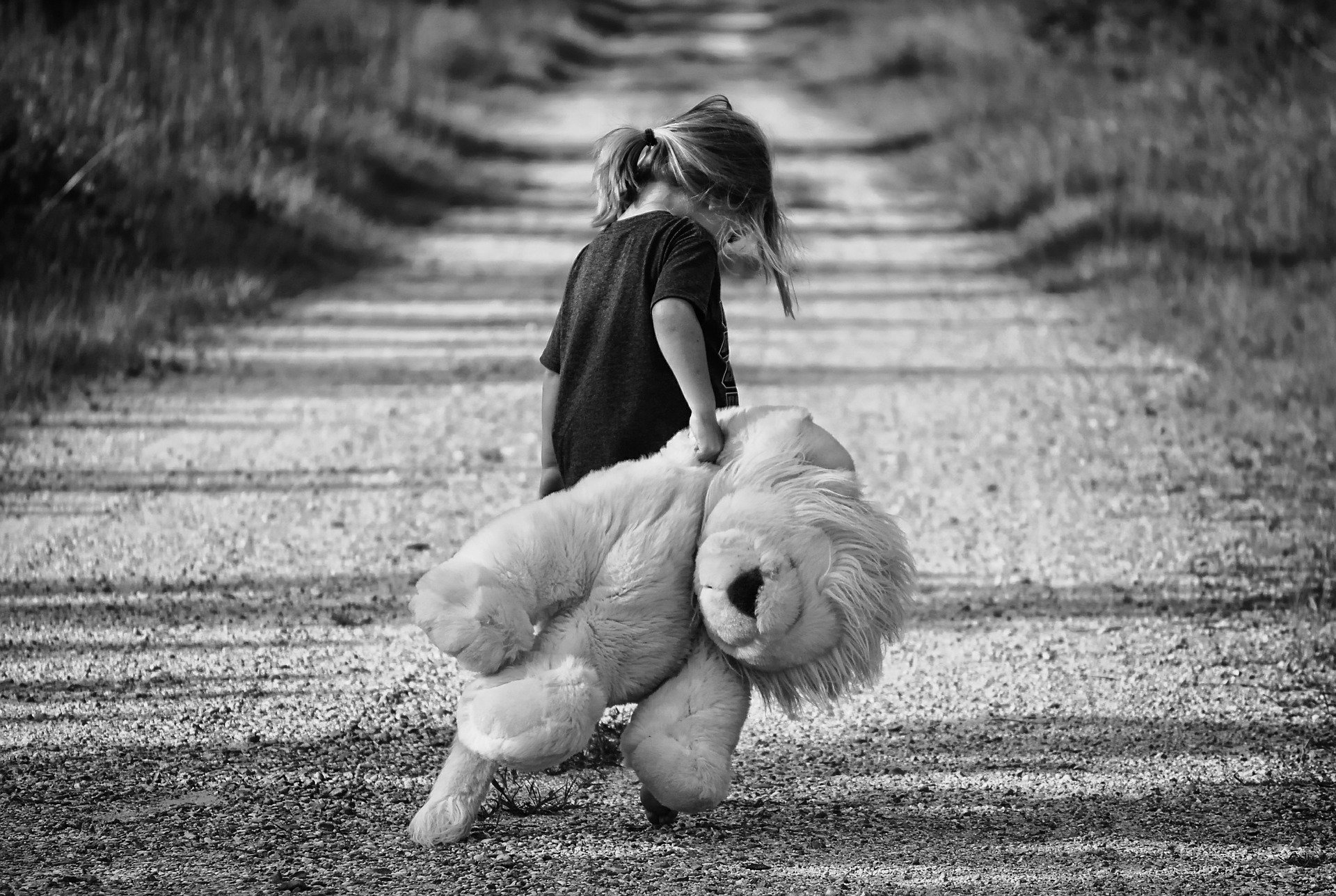Promoting development of social skills in children with violated rights in shelter situation
Main Article Content
Abstract
This article discusses the lack of social skills in the behaviour presented by children in a shelter situation, as well as changes brought about by these trends from social skills training through play activities. The article promotes the discussion about favouring the development of social skills and understanding the construction of the individuality of children who were in a shelter situation due to violence and mistreatment. The interventions took place in groups of six children through recreational activities, carried out weekly for 60 minutes, being analysed trough content analysis. Therefore, it has concluded that children in this situation of vulnerability present a situation of physical and / or emotional fragility, configuring the need for a reception of attention and care, with the purpose of enabling new ways of coping with adversity, repositioning themselves facing the aversive context.
Image by lisa runnels from Pixabay.
Downloads
Article Details

This work is licensed under a Creative Commons Attribution 4.0 International License.
References
BARDIN, L. Análise de conteúdo. Lisboa: Ed. 70, 1997.
BRASIL. Estatuto da criança e do adolescente [recurso eletrônico]: Lei n. 8.069, de 13 de julho de 1990, e legislação correlata. – 13. ed. – Brasília: Câmara dos Deputados, Edições Câmara, 2015.
BRITO, R. C.; KOLLER, S. H. Desenvolvimento humano e redes de apoio social e afetivo. In: A.M. CARVALHO (org.), O mundo social da criança: natureza e cultura em ação. São Paulo, Casa do Psicólogo, p. 115-126, 1999.
DEL PRETTE, A.; DEL PRETTE, Z. A. Psicologia das habilidades sociais na infância: teoria e prática. Editora Vozes Limitada, 2017.
DE THIERRY, B. E. T. S. Y. Understanding the Impact of Trauma on Children in the Classroom. Attachment and Emotional Development in the Classroom: Theory and Practice, 137, 2017.
DINIZ, I. A.; ASSIS, M. O.; DE SOUZA, M. F. S. Crianças institucionalizadas: um olhar para o desenvolvimento socioafetivo. Pretextos-Revista da Graduação em Psicologia da PUC Minas, vol.3, nº5, pp.261-285, 2018. Disponível em: http://200.229.32.43/index.php/pretextos/article/view/15978. Acessado em: 12 de maio de 2020. https://doi.org/10.11606/d.5.2007.tde-11032008-145007
ELIAS, L. C. D. S.; AMARAL, M. V. Habilidades sociais, comportamentos e desempenho acadêmico em escolares antes e após intervenção. Psico-USF, vol.21, nº1, pp.49-61, 2016. Disponível em: https://www.scielo.br/scielo.php?pid=S1413-82712016000100049&script=sci_arttext. Acessado em 25 de junho de 2020. https://doi.org/10.1590/1413-82712016210105
FEIJÓ, L. P.; DE OLIVEIRA, D. S. Privações afetivas e relações de vínculo: psicoterapia de uma criança institucionalizada. Contextos clínicos, vol.9, nº1, pp.72-85, 2015. Disponível em: http://pepsic.bvsalud.org/pdf/cclin/v9n1/v9n1a07.pdf. Acessado em 25 de junho de 2020. https://doi.org/10.4013/ctc.2016.91.06
HILLIS, S.; MERCY, J.; AMOBI, A.; KRESS, H. Global prevalence of past-year violence against children: a systematic review and minimum estimates. Pediatrics, vol.137, nº3, 2016. Disponível em: https://pediatrics.aappublications.org/content/137/3/e20154079. Acessado em 25 de junho de 2020. https://doi.org/10.1542/peds.2015-4079
JOVCHELOVITCH, S. Representações sociais e esfera pública. Petrópolis: Vozes, 2000.
NUNES, A. J.; SALES, M. C. V. Violência contra crianças no cenário brasileiro. Ciência & saúde coletiva, vol.21, pp.871-880, 2016. Disponível em: https://www.scielosp.org/article/csc/2016.v21n3/871-880/es/. Acessado em 06 de março de 2020. https://doi.org/10.1590/1413-81232015213.08182014
TRIVIÑOS, A. N. S. Introdução à pesquisa em ciências sociais: a pesquisa qualitativa em educação. São Paulo: Atlas, 1987.
WENDELL, N. Praticando a gratidão em sala de aula. Editora Prazer de Ler, 2015.
SU, W. M.; STONE, L. Adult survivors of childhood trauma: Complex trauma, complex needs. Australian Journal of General Practice, vol.49, nº7, pp.423, 2020. Disponível em: https://www.researchgate.net/publication/342603874_Adult_survivors_of_childhood_trauma_Complex_trauma_complex_needs. Acessado em 14 de agosto de 2020. https://doi.org/10.31128/ajgp-08-19-5039
World Health Organization. World report on violence and health. Geneva: WHO, 2002.

